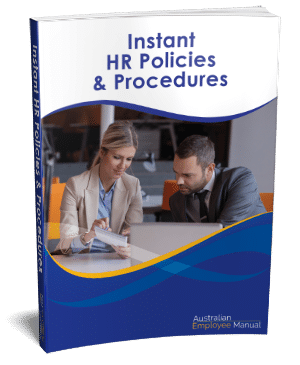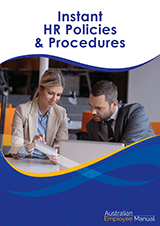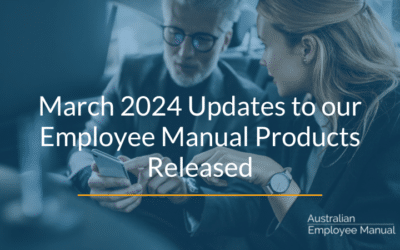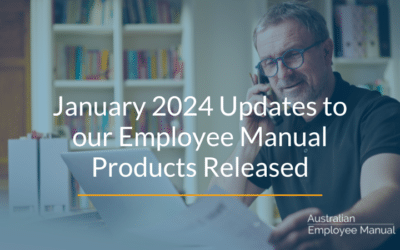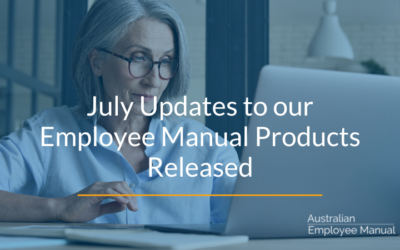If you have employees, one of the key employee policies you need is a Social Media Policy to help guide them on what is acceptable behaviour online (and to help protect your company’s reputation).
If you don’t provide guidance, then employees will follow their own rules. Some employees will be great for your company – others interpretation of the rules could see your business “go viral” for all the wrong reasons.
All it takes is one bad blog post, one ratty YouTube video or one sarcastic Tweet and your business could hit the headlines in a bad way.
The impact of this can be devastating on a business. For example, there was a case in Brisbane where one comment in social media went viral for a local restaurant. That restaurant is now out of business. Even for larger businesses, the impact on share prices and resale value is significant from a viral social media post.
We would go so far as to say, that managing your Social Media should be one of your top two risk management priorities for every business (managing potential fraud is number one in our experience).
Social Media Policy Templates
So what should be in your social media policy? After checking out hundreds of policies (here’s a page with links to a whole pile of great policies), the best practice ones have these in common.
They:
- Define what is social media (just to make it totally clear for employees). Social media includes social networking sites (Facebook, LinkedIn etc), micro-blogging sites (Twitter etc), video & photo sharing sites (Flickr & YouTube), weblogs (in all their forms), forums & discussion boards and online encyclopaedias.
- Include both employees and contractors. There is no point having your employees all complying to have a contractor working for your company “bagging you out” in the Social Media.
- Remind people about why this is important to your business.
- Ensure the company is not held liable for employee social media blunders.
- Link the policy to the Code of Conduct and discipline policy.
- Give guidance about what is OK to talk about (e.g.: things in the public domain)
- Are very clear on what can’t be talked about including financial information (to reduce problems with insider trading), confidential information, legal proceedings, internal controversies, trademarked information & copyright information.
- Give general rules around the circulation of posts, clarity of role within the company, how to be clear you are an employee, working on private blogs in company time and online shopping.
- Give useful behavioural expectations including spelling, grammar, respect, dealing with heated debate, complying with site terms & when to stay silent.
- Help cover there is no expectation to “friend” someone or accept a request if you don’t want to.
- Discuss the impact of Social Media on work & when it is not OK to use Social Media.
- What to do with work-related Social Media when you leave the company.
- What to do when you make a mistake in Social Media.
- A reminder of “think before you post”.
These are current best practice – but this is a rapidly developing area of HR. Businesses need to regularly review their policies and practices to ensure they are detailed enough to cover specific issues within your workplace, but broad enough to cover all eventualities.
We recommend businesses attend regular industry seminars and monitor the media on this issue to stay abreast with current best practice. Remember, one wrong move in Social Media and the world suddenly knows your business.
